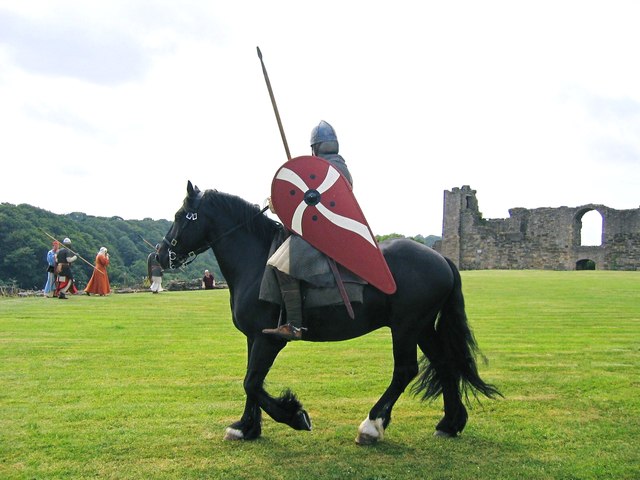 Sometimes I look at the small victories in life, and think of them as insignificant. You know, those events where I just barely eek out what I was supposed to accomplish. (But, not the small defeats for some reason. Those are almost always significant.) Yet, sometimes we just don’t see the significance in even the most seemingly insignificant victories. We think well, if I barely made it, it can’t really mean that much… But, the past is filled with near-miss victories, that have dramatically changed history.
Sometimes I look at the small victories in life, and think of them as insignificant. You know, those events where I just barely eek out what I was supposed to accomplish. (But, not the small defeats for some reason. Those are almost always significant.) Yet, sometimes we just don’t see the significance in even the most seemingly insignificant victories. We think well, if I barely made it, it can’t really mean that much… But, the past is filled with near-miss victories, that have dramatically changed history.For my current novel--Domesday Relic--I’m doing some research into the history of England, and one such moment comes to mind. The Battle of Hastings. This one day, a sloppy battle in 1066 propelled William the Conqueror to a throne, setting up systems, cultures, languages, and legal documents that still exist today.
A ‘whose throne is it’ controversy spurred the battle. King Edward the confessor had recently died. A gob of folks declared they were rightful heirs. Some say, Edward, being of Norman blood, promised William Duke of Normandy the throne. Yes, but some history-loving people suggest that Edward may have threw out the promise of his throne to various parties in exchange for political favors. I mean, if you’re gonna be dead when it all goes down, why not. Who knows? Anyway, after Edward died, Harold Godwin immediately (as in the day of the funeral) declared himself king. William wasn’t having it, and got himself ready to rumble.
Meanwhile, a viking by the name of Harold Hardrada believed he was the rightful king based on the line of Harthacnut, from the Norse rulers who ruled England before Edward. So, Hardrada came thumping around, and Harold Godwin smacked him back to Norway.
It was at this point that William snuck into south England, near Hastings. Harold heard of this, and rushed his men together to confront the Norman. Perhaps, Harold rushed too much. Perhaps he was too confident based on his previous battle. Regardless, Harold gathered his troops--comprised entirely of infantry--on top of a hill and greeted the Norman forces.
At the bottom of the hill, William scanned the sight. Both men had nearly the same sized force, around seven to fifteen thousand men. However, William had archers and a cavalry. The Normans began with a barrage of arrows, but the angle of the hill left the strikes ineffective. Next, the infantry charged uphill, trying the pierce a hole in the defensive line. The English defense would not crack.
William sent in the cavalry, yet the line did not break. Casualties piled. The English held fast. Eventually the left side of the Norman army retreated. Some debated whether this action was a crafty maneuver or a serious retreat. However, a section of emboldened English soldiers charged the fleeing Norman, against Harold’s wishes. Like a wave crashing down on a baby sea turtle, the Norman cavalry surrounded the separated troops, striking them down.
From here, the English front line thinned. William regrouped and restratigized. He slowly chipped away at his enemy’s front-line, by alternating attacks. One new tactic he employed was having his archers shot, right before his infantry reached the front line. Thus, they had their shield out as opposed to up. Strike after strike, hour after hour, the English line crumbled. Eventually, Harold was struck in the eye by an arrow, where one of Williams knights rushed in and struck the king dead. It was not pretty, but William won. He was king.
After conquering England, William’s influences were profound; changes in the Church, aristocracy, culture, and language of the country still exist. Plus, he took a census of all the landholders of England and what they owned. We know this book as The Domesday Book. I guess they call it that because some thought the Norman invasion meant the end of the world. British citizens can use this book in court today as a legal document.
So, one sloppy, barely eeked out victory, is still a victory. And, who knows the lasting effect of such a victory.
No comments:
Post a Comment